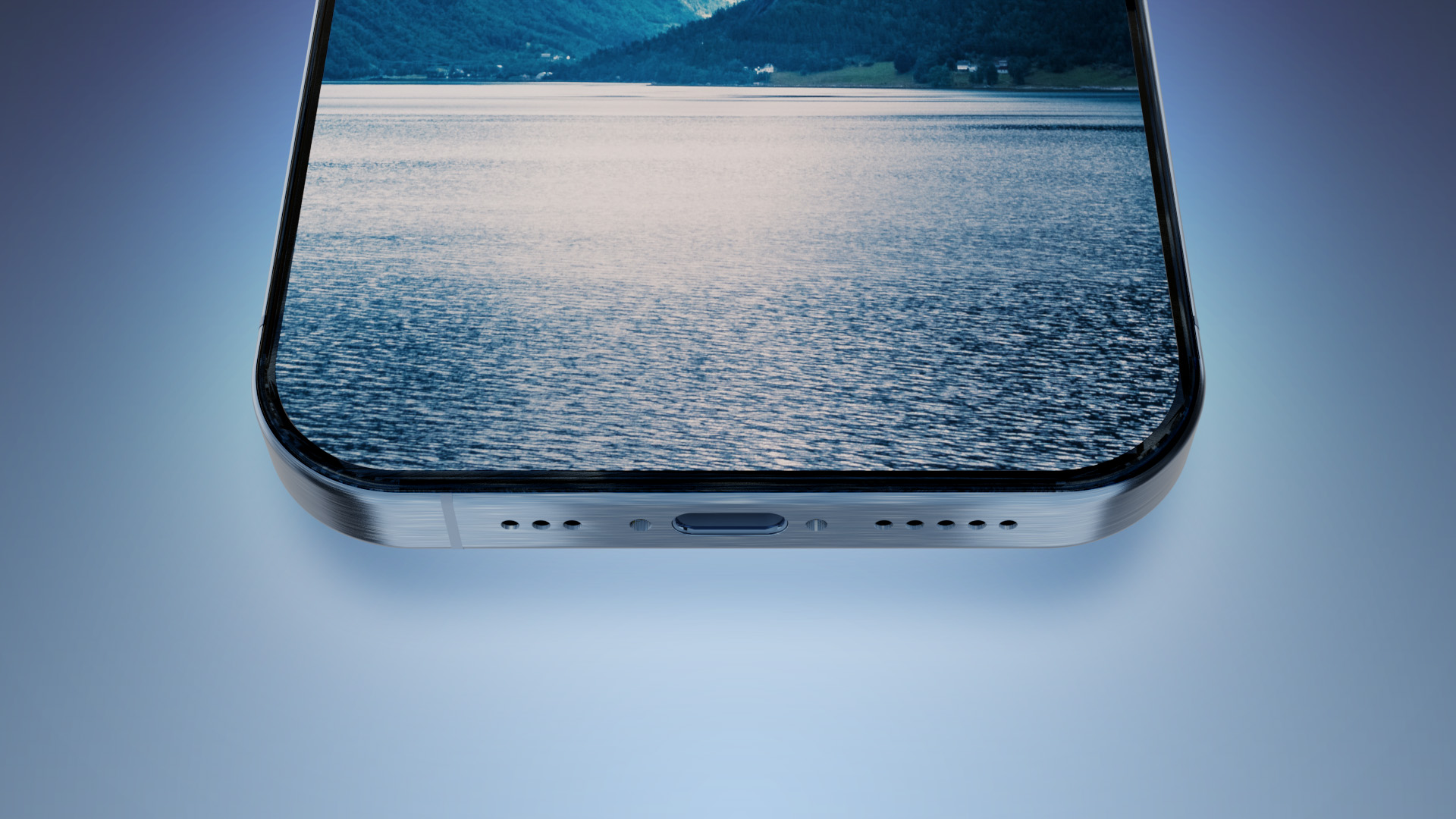Yet again another confirmation of my initial Physics 101 post which this post https://forums.macrumors.com/thread...macs-ahead-of-iphone-15.2399637/post-32409854 (which you reacted with ❤️) disagreed with... So what's the point. I was right from the beginning.Inductive wireless charging by design requires perfect alignment and electromagnetic field isn’t too far from each other For the induction to work. Nothing much can be helped here unfortunately. Higher efficiency require major breakthrough in room-temperature superconductor material to drastically lower the amount of energy waste happening while the conductor is working. There has been some news articles talking about it, tho peer review is still ongoing.
Yep, but not much and not always. Not when you're traveling, not much when you use magsafe attached to the cable etc. But anyway, you just futher confirms all my posts regarding wireless versus wired.As for the scenario you are talking about, again, what wireless wins over direct wire connection is convenience. There’s no doubt about it.
So why argue over this when we are on the same note?






